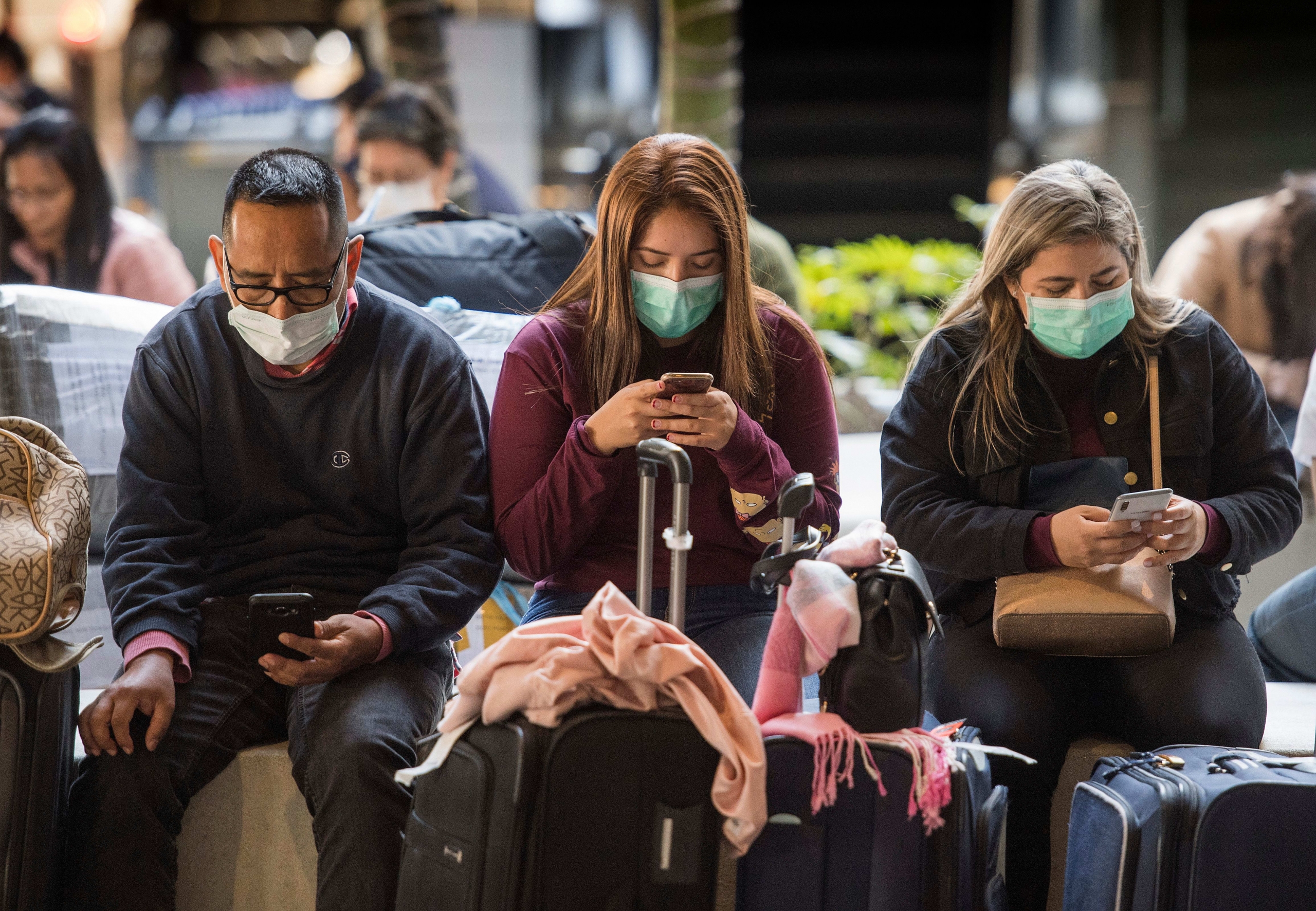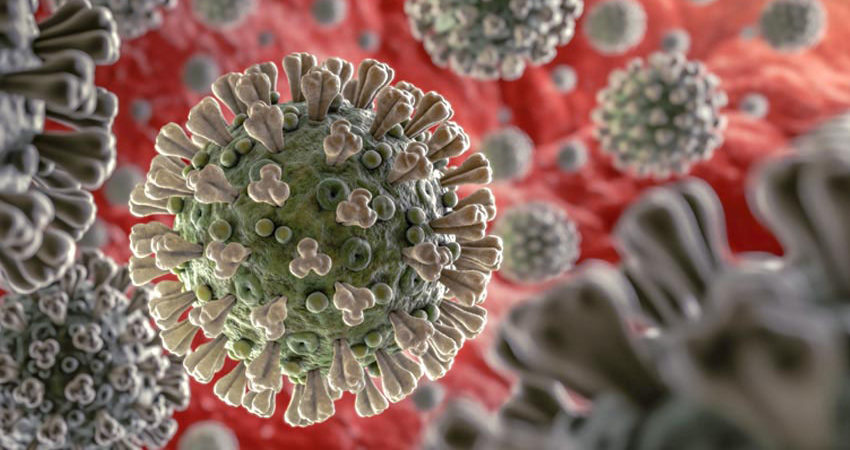Will warmer weather reduce COVID-19 spread? Scientists aren’t so sure

A few minutes every morning is all you need.
Stay up to date on the world's Headlines and Human Stories. It's fun, it's factual, it's fluff-free.
With much of the world’s population under lockdown orders in response to the COVID-19 pandemic, questions remain about when the disease will disappear.
Though there had been hope that warm weather could bring about a decrease in the number of cases, similar to how cases of the common flu tend to decrease in the summer, experts are now warning that there is insufficient evidence that cases of COVID-19 would similarly decline.
In Spain, where temperatures in parts of the country are on average greater than 90°F in the summer, research has indicated that there may be a correlation between cooler temperatures and higher infection rates. The country, whose citizens have been under strict lockdown orders since mid-March, has experienced a downward trend in new cases and deaths in recent weeks.
US scientists warn COVID-19 won’t disappear in the summer

In response to speculation that seasonal temperature changes could slow the spread of COVID-19, the National Academies of Science, Engineering, and Medicine, the United States’ collective of scientific academies, published a media advisory letter on April 8, 2020.
The group was responding to a request from the White House Office of Science and Technology Policy (OSTP) to examine seasonal temperature and humidity changes on the virus. In response, the letter states that the studies that have been carried out have had conflicting results on this topic, with “geography-related confounding factors” making what data was available unreliable.
“There is some evidence to suggest that the COVID-19 virus may transmit less efficiently in environments with higher ambient temperature and humidity,” the National Academies found, but, they concluded, “given the lack of immunity to the virus globally, this reduction in transmission efficiency may not lead to a significant reduction in disease spread without the simultaneous adoption of major public health interventions.”
The letter pointed to Australia and Iran as warmer countries that were “experiencing rapid virus spread,” meaning that “a decrease in cases with increases in humidity and temperature elsewhere should not be assumed.”
Will COVID-19 go away in April?
In the fourth week of April, cases in the United States have surpassed 800,000, with total deaths from COVID-19 now more than 45,000.
Well before the crisis had overtaken the country, though, President Donald Trump had speculated that the disease could disappear on its own. Speaking to a group of state governors in early February, when daily new cases in the country were in the single digits, Trump sounded optimistic.
“The virus that we’re talking about,” Trump said, “a lot of people think that goes away in April, with the heat, as the heat comes in, typically that will go away in April.” At the time, Trump said China’s President Xi Jinping had told him he also expected warmer weather to stop the disease’s spread.
The common flu, to which COVID-19 has some similarities, does tend to have a seasonal response, with cases more common in the colder months. The flu season in the northern hemisphere is from October to March, whereas in the southern hemisphere, it’s June to September.
In a report in February, S&P Global Ratings, an American credit rating agency, said they expected the novel coronavirus would stabilize in April. Their view suggested that “virtually” no new cases would occur in May and the economic impact of the pandemic “could peak in the first half of 2020.” A continued spread of the disease into May was considered a “worst-case scenario.”
That report was released on February 4. A month and a half later, the S&P 500 stock market index took a 12% plunge in response to the worsening crisis, kicking off a sustained period of economic uncertainty for the entire world.
Assessment out of Spain
In Spain, one of the hardest-hit countries in the world from COVID-19, there has also been hope that warmer temperatures could help end the virus’ spread.
A study conducted by Spain’s AEMET (Agencia Estatal de Meteorología, the nation’s weather agency) indicated there is a correlation “between cold weather and the spread of the coronavirus in Spain.”
Fernando Belda, a spokesperson at AEMET, said, “We are seeing a pattern, the lower the temperature, the greater the effect.” However, a co-author of the study, Cristina Linares, urged caution in interpreting a statistical correlation. Like the US’s National Academies, she warned that geographic factors made their findings imperfect.

“We have to be very cautious, because the humidity and temperature conditions vary a lot between different geographic areas, and of course, there are a lot more factors that affect the transmission and spread of the new virus,” Linares said.
Since mid-March, Spain’s citizens have been under strict lockdown. As the country’s Prime Minister, Pedro Sánchez, pushes for lockdowns to be extended to early May, the government has said it will ease restrictions next week so children can go outside.
With over 200,000 infected, Spain is second only to the US in the total number of official COVID-19 cases. The nation’s death toll has risen to over 20,000, though many are optimistic that a sustained downturn in the number of daily deaths – Monday, April 20, saw Spain’s lowest numbers in a month – shows that the nation’s strict response is working.
[article_ad]
Have a tip or story? Get in touch with our reporters here!
Sign up for daily news briefs from The Millennial Source here!




Comments ()